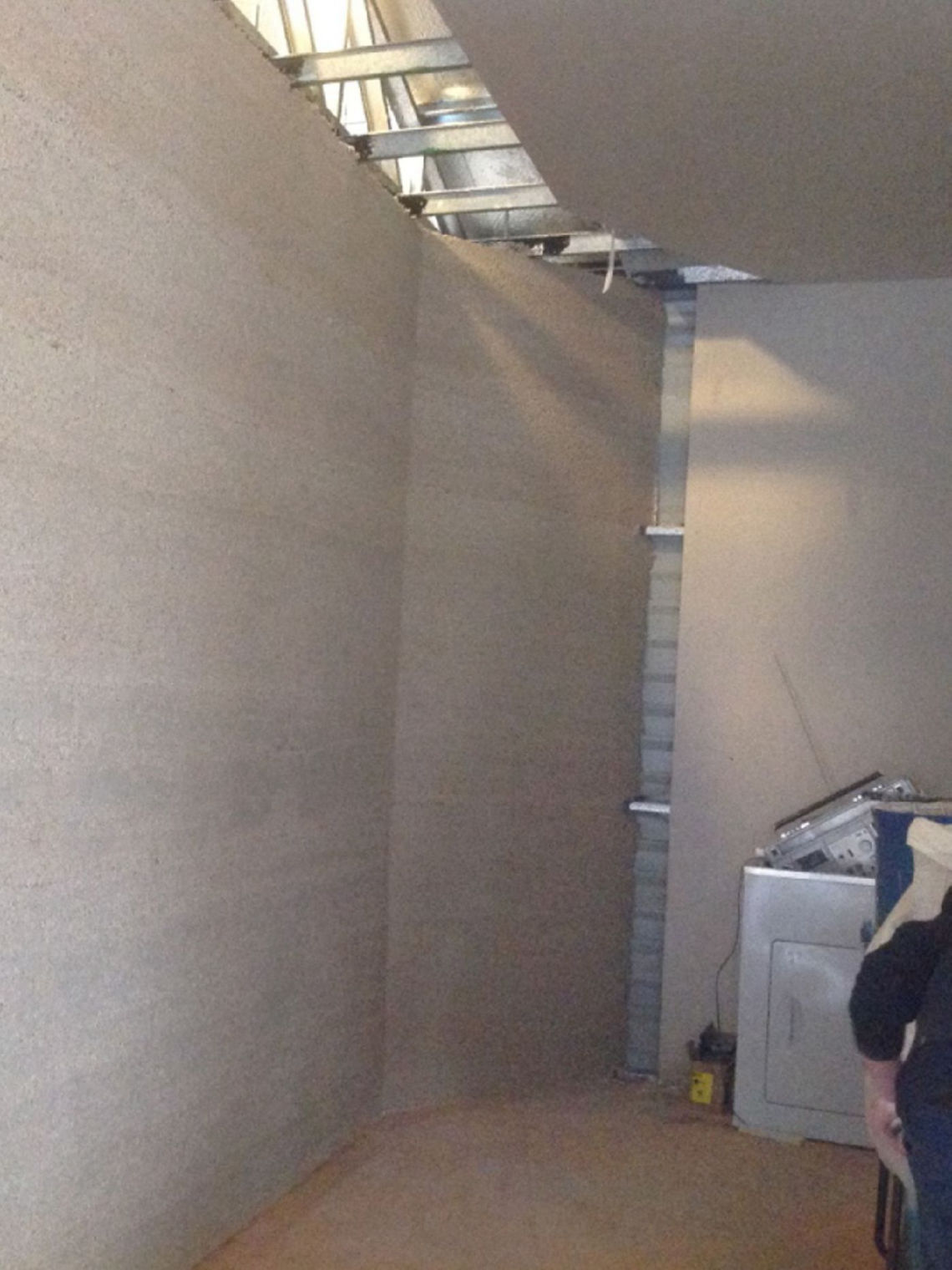HEMP PRODUCTS
In partnership with industry experts and research and development organisations, TCI is focused on developing the following hemp-based products:
• Fibre for clothing textiles
• Fibre for biodegradable weed suppression matting
• Fibre to replace plastic wrapping, plastic bottles and plastic bags
• Hurd for various building purposes
• Fibre for wool blend materials with New Zealand wool spinners
• Fibre for carpets
• Hurd for horse bedding and poultry bedding
• Seed for future planting or export for planting
• Seed for cosmetics and/or food or export for cosmetics and/or food, including feeding the Asian demand for food.
• Fibre for hospital bed sheets and bandages to reduce infection spread
• Fibre for composites particularly shipping pallets, building components, car parts and box trailers
• Fibre and hurd for edible food containers
• Hurd and fibre for paper
• Fibre for ropes, baling twine, and string: hemp baling twine can be safely eaten by farm animals, unlike propylene baling twine!
The products produced by a region will vary, depending on local skills and infrastructure. The global opportunities are significant and there are many reasons to be confident that over-production of hemp is virtually impossible. The world needs these environmentally sound and sustainable products.
